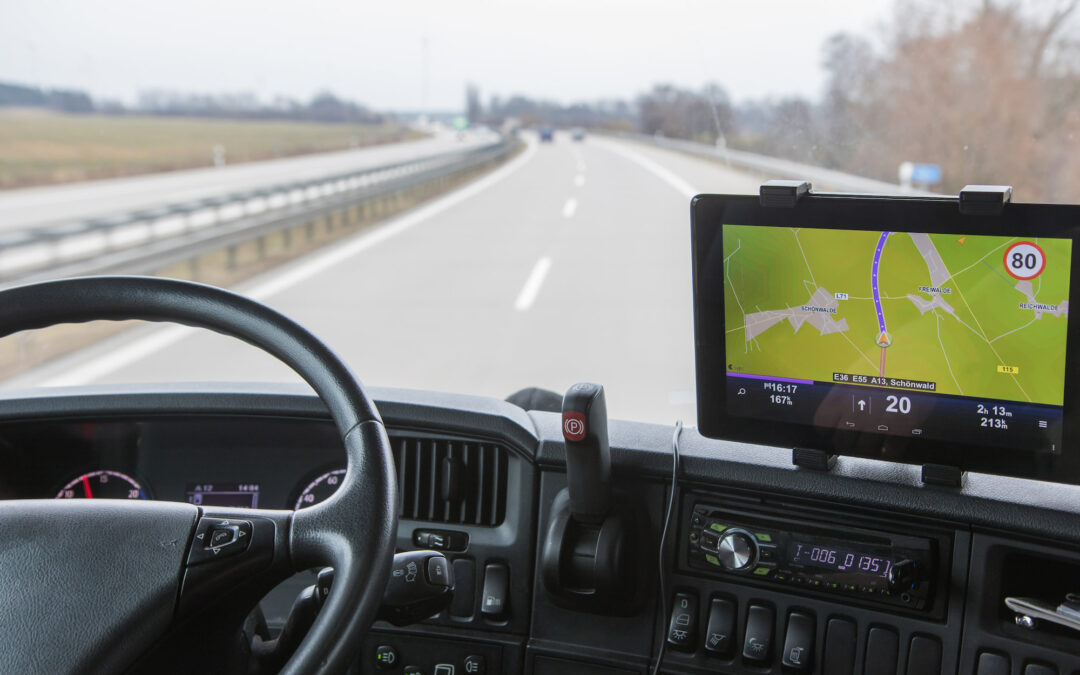Over the last few decades, technology’s influence on shipping goods domestically has evolved to offer more to the industry. From the start of modern trucking in the 20th century, technological advancements have allowed shippers more solutions. While Gottlieb Daimer built the first truck in 1896, it wasn’t until the 1910s that the industry took off. By 1912, there were close to 10,000 trucks used for shipping in the U.S. In 1933, Different industries merged to form the ATA (American Trucking Association), further fueling innovation. As the decades passed, new inventions created more value for truckers and shippers. While there have been more recent influences in domestic shipping, technology will transform the industry in the future.
What Is Technology’s Influence On Shipping?
In the present, the creation of the internet has completely changed the possibilities of the trucking industry. For shippers, the internet allowed greater access to carrier services specific to their shipment’s needs. For trucking companies, the internet resulted in enhanced optimization and capability. An example is that real-time traffic updates from GPS devices allows for better navigation of traffic and quicker deliveries. The Internet also allowed for using IoT (Internet of Things) objects in domestic transport. IoT is physical equipment like sensors and electronic logging devices embedded with software for wireless connectivity. The purpose is to collect data to improve the overall shipping process.
The data collection from IoT devices is also for other purposes like safety, compliance, cost reduction, operational efficiency, etc. Other inventions that have revolutionized the trucking industry in the last ten years are Telematics and protection systems. Telematics help truckers avoid accidents by tracking and retrieving carrier performance and driver behavior information. Greater protection has also resulted from technologies like adapted cruise and control collision warning systems, decreasing the likelihood of accidents. The advancements go beyond domestic transport into the overall supply chain process when moving cargo. For example, the e-commerce surge since the development of the internet has connected international shipping, warehousing, and trucking.
How Will Technology Impact Trucking In The Future?
One of the most common breakthroughs that has recently become more common in trucking is automation. Autonomous trucks are self-driving vehicles that require minimum human input. While there may still be some kinks that need improvement, autonomy could soon make a significant impact on domestic shipping. Self-driving carriers are becoming more typical because of the growth of AI (Artificial Intelligence). AI technologies have resulted in vehicles being able to learn from their experiences to make informed decisions. Another innovation that could grow in popularity in the future is EVs (electric vehicles). With the U.S. aiming to produce only zero-emission trucks by 2040, EVs are a crucial step the industry will take.
Technological advancements have led to an extensive amount of opportunities in the domestic shipping industry. While it may be a while before AI and other innovations become more common, shippers still must transport shipments. An ideal way to begin is by contacting a freight broker to coordinate the movement of your goods. For assistance moving your cargo, call A1 Freight Solutions at 786-375-9420 or email us at info@a1fsinc.com. Along with FTL and LTL solutions, we provide heavy haul, temperature-controlled, expedited, and more to help you reach your goal.

